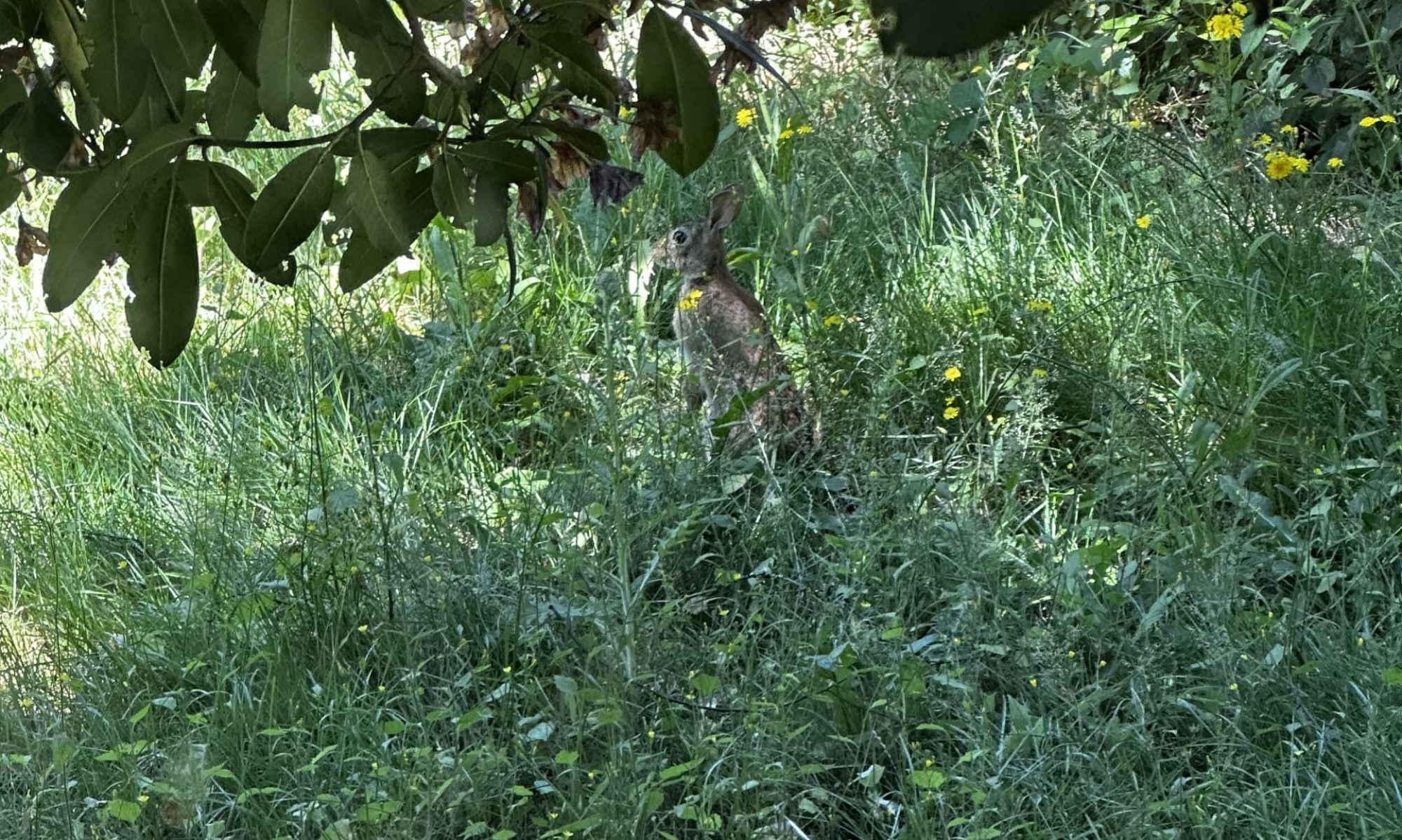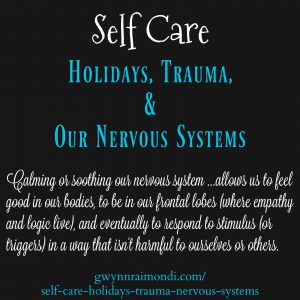When we contemplate the miracle of embodied life, we begin to partner with our bodies in a kinder way.
~Sharon Salzberg, Real Love: The Art of Mindful Connection
I have a confession.
I actually love the winter holiday season.
I love all the lights and glitter. I love the promise of snow. I love the food we eat this time of year. I love the hustle and bustle and the quiet snuggling in. I do. I love it.
And.
This time of year is also challenging for me. My mother’s birthday is in mid-December and so there is a triple reminder of how she is not here to celebrate this time of year with us. I notice how certain family members don’t call. I think of friends who have moved away. I consider the things and opportunities in life that I have lost. I think about the life I wanted compared to the life I have.
In short, while I love this time of year, it is also a time of grieving.
And while I do love the bright energy of the hustle and bustle of this time of year, I also am acutely aware of how that bright energy can become heavy and oppressive. How what is supposed to be fun can become overwhelmingly stressful. How one moment I may look at my full calendar with excitement and anticipation and the next I may look at it with dread.
Basically, I am human. Which means I am complex. Which means I can have a mix of seemingly opposing emotions and feelings all at once.
Just like you.
To me, it’s never a question of my complexity. Rather, it’s a question of how I hold all of me at once.
In other words, how to do I allow all my complexity to flow and be? How do I sit with the bittersweetness of this time of year? How do I not only allow myself, but also encourage myself, to feel all the various and opposing emotions, thoughts, and well, feelings?
For me, that answer is being in my body. Not leaving it, not sitting or hovering outside of it. Rather, being in it, in the now, and finding ways to tolerate all the complex sensations and emotions that I may be having.
Embodiment is both simple and not easy. Coming home into our bodies, and deeply feeling and sensing our lived experience can feel overwhelming at times. It can feel too much. And also, with practice, we learn to tolerate those challenging emotions and sensations more and more.
We stop stuffing them down, only to wait for them to explode.
We stop ignoring them, only to have them crop up as various illnesses.
We start connecting to them, dipping out toes into them at first, and in time and with practice, going further and further in, finding new ways to embrace our own complexities, our own disparities, our own both ands.
I talk more about this in the 14 minute video below ::
This essay is the third and final essay in a three part series I have put together to introduce some of the topics we’ll be exploring in my winter self-care circle, Self Care for Challenging Times :: Holiday Edition. If you’d like to learn more and possibly join us, you can click right here.
Other essays in this series::
Holidays, Trauma, & Our Nervous Systems
Boundaries, Boundaries, Boundaries

